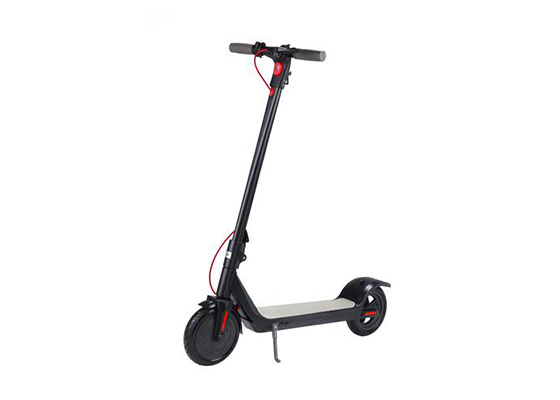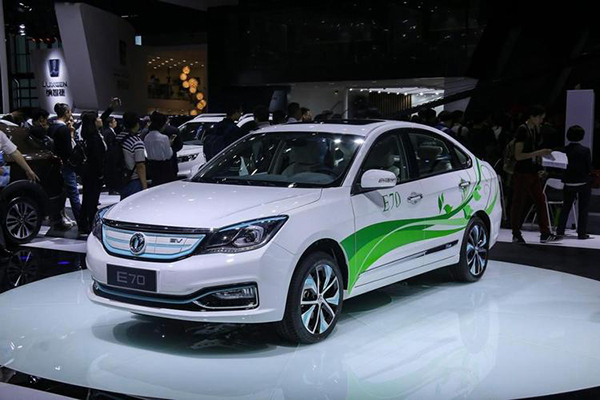Electric motors and batteries are crucial components in various applications, ranging from electric bicycles to electric vehicles. Matching the voltage requirements of these components is essential for optimal performance and longevity. In this blog post, we will explore the compatibility of using a 52V battery on a 48V motor. We will delve into the significance of voltage matching, potential issues that may arise from using a higher voltage battery, factors to consider for compatibility, alternative solutions, and ultimately, the best approach for ensuring safety and efficiency.
Understanding Voltage in Electric Motors and Batteries:
To comprehend the implications of using a higher voltage battery on a motor, it’s important to grasp the role of voltage in both components. In electric motors, voltage refers to the electrical potential that drives the motor’s operation. On the other hand, batteries store and supply electrical energy to power various devices, including motors. Voltage in batteries represents the potential difference between the positive and negative terminals, determining the power output.
The Potential Issues of Using a Higher Voltage Battery:
Using a 52V battery on a 48V motor poses several potential issues. Firstly, the voltage mismatch can create an imbalance in the system, straining the motor beyond its intended limits. This excess voltage can lead to increased heat generation, potentially causing overheating and damaging the motor’s internal components. Moreover, the motor’s performance and efficiency may be compromised, as it is designed to operate optimally at its specified voltage.
Compatibility Factors to Consider:
To determine the compatibility between a 52V battery and a 48V motor, several factors must be taken into account. Firstly, it is crucial to check the voltage ratings of both the motor and the battery. If the motor’s voltage rating is significantly lower than the battery’s voltage, it is generally not recommended to use them together. Manufacturers often provide specifications and recommendations regarding voltage compatibility, so consulting the respective manuals or contacting the manufacturers directly can provide valuable insights. Additionally, considering tolerance levels and safety margins is essential to ensure that the system operates within a safe range.
Consequences of Using a 52V Battery on a 48V Motor:
Using a higher voltage battery on a lower voltage motor can have various consequences. Firstly, the increased voltage can place additional stress on the motor’s components, potentially leading to premature wear and damage. This can result in decreased motor lifespan and increased maintenance costs. Additionally, using a battery voltage higher than the motor’s rating can void warranties provided by the manufacturer, leaving you responsible for any repair or replacement expenses.
Alternative Solutions:
Fortunately, there are alternative solutions to address the voltage mismatch issue. One option is to upgrade the motor to match the battery voltage. By replacing the 48V motor with a compatible 52V motor, you ensure that the system operates harmoniously without compromising performance or risking damage. Another option is to use a voltage converter or regulator. These devices can step down the battery’s voltage to match the motor’s requirements, ensuring compatibility while maintaining optimal performance. It is important to select a high-quality converter with adequate power handling capabilities for reliable and safe operation. Lastly, seeking professional advice or assistance from experts in the field can provide valuable insights tailored to your specific requirements.
FAQs:
Q1: Can I use a higher voltage battery on a lower voltage motor without any consequences?
A1: Using a higher voltage battery on a lower voltage motor can lead to compatibility issues and potential damage to the motor. It is generally not recommended as it can cause overheating, premature wear, decreased performance, and may void warranties.
Q2: What are the risks of using a 52V battery on a 48V motor?
A2: The risks include increased stress on the motor, potential overheating, damage to motor components, decreased lifespan, compromised performance, and voiding of warranties.
Q3: Can I modify or adjust the motor to handle the higher voltage?
A3: Modifying or adjusting the motor to handle a higher voltage is not recommended, as it can result in irreversible damage, safety hazards, and may void warranties. It is advisable to upgrade to a motor that matches the voltage of the battery.
Q4: Can I use a voltage converter or regulator to solve the voltage mismatch?
A4: Yes, using a voltage converter or regulator is a potential solution. These devices can step down the higher voltage of the battery to match the motor’s requirements. However, it’s important to choose a high-quality converter or regulator that can handle the necessary power requirements.
Q5: Should I consult the manufacturer for advice on using a higher voltage battery?
A5: Yes, it is recommended to consult the manufacturer of both the motor and the battery for specific recommendations and compatibility information. They can provide valuable insights and guidance based on their product specifications and expertise.
Q6: Will using a 52V battery on a 48V motor improve performance?
A6: No, using a higher voltage battery on a lower voltage motor will not improve performance. The motor is designed to operate optimally at its specified voltage, and exceeding that can lead to detrimental effects rather than enhancing performance.
Q7: Are there any safety precautions I should take when using a higher voltage battery on a lower voltage motor?
A7: Safety precautions include ensuring proper wiring connections, using appropriate protective equipment, and following all safety guidelines provided by the manufacturer. It is essential to prioritize safety and consult professionals if needed.
Q8: What are the alternatives if I can’t use a higher voltage battery on my motor?
A8: Alternatives include upgrading the motor to match the battery voltage or using a voltage converter/regulator to step down the battery voltage. Seeking professional advice and assistance can help determine the best solution for your specific needs.
Conclusion:
When it comes to using a 52V battery on a 48V motor, it is crucial to prioritize compatibility and safety. The voltage mismatch can lead to various issues, including motor damage, decreased performance, and warranty voidance. Understanding the voltage requirements of electric motors and batteries is essential in ensuring optimal system operation. Considering factors such as voltage ratings, tolerance levels, and manufacturer recommendations can guide you in making informed decisions.



